So, the dude who “translated for the layman” the proton theory, into Fire in a Bottle website, said that the reason – this is only reason he listed – that he included starch etc. in his experiment, was so that people could not argue that any benefits were a result of a low-carb eating plan.
The confusing thing to me is that then, a ton of people followed this, and him leading, into going, “Great, let’s eat the unsweetened french pastry diet!”
This… was not supposed to be the point, as he initially described it.
That was merely to rule out a certain variable being used to invalidate his test.
It was only to clarify that ROS generation via satfats – like stearic acid – in sufficient quantity – had a certain result.
I would expect that a person would still be eating at least “low-carb” (<50ecc) if not “keto” (<20ecc) and simply focus on or add-in the satfat element to it.
I would not expect that anybody who has a health issue or damaged metabolism would be likely to benefit from eating the kind of diet he used in his experiment. He is a french chef. He wanted to use a base he knows well. That does not mean “the pastry diet” is a good diet, in my opinion.
It may be improved by sufficient stearic acid.
It may at least for some people not affected by the rest of the dietary content, even be redeemed by sufficient stearic acid.
But that was to prove a point, initially. It was not to suggest that a pastry diet is ideal.
I think if people eat a reasonable diet AND emphasize the satfat element – which happens purely by accident for most full/near- carnivores who like red meat it seems – would probably have a better result.
To me, the pastry diet is like people in the LC/KETO world who talk about eating 100 carbs a day, or high carbs on weekends. If it doesn’t bother them, if they still do well, awesome, that works for them! But chances are if it does, it’s because their metabolism is not so whacked as many who begin keto, or they have corrected it somewhat, or they are getting a lot of exercise, or they have a really good body-repletion of nutrients as a base, or really ideal genetics, or (insert another million possibilities here).
Most people who “need” to keto (as opposed to merely want to) have a gradual lifetime of metabolic damage, and don’t have the same tolerance/bandwidth for those things that others like athletes might.
So @Meerkatsandy I’d like to see how it worked if you were keeping your husband on the same quality, healthy diet you already had him on prior – which I assume is LC or keto given you are here – but just focus on the satfats, whether that means making some fatbombs from tallow, cocoa butter and stearic acid (an experiment I have coming up before long here), or cooking everything in tallow (btw I was surprised that everything including eggs are quite good in that), or focusing on a lot more grass-fed red meat (with good butter or something) than fish/poultry… whatever. I think it would be a more reasonable approach if improving his health is the primary goal.

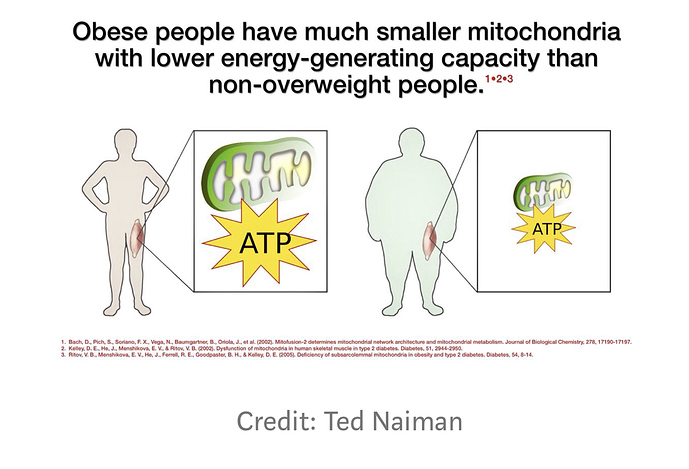
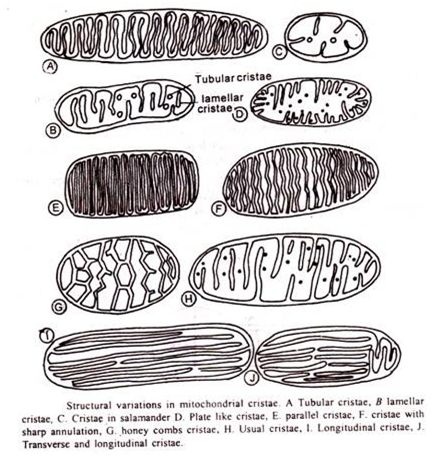
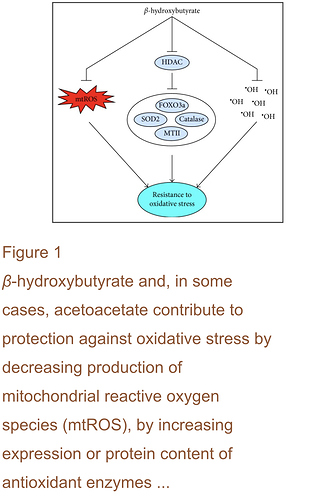

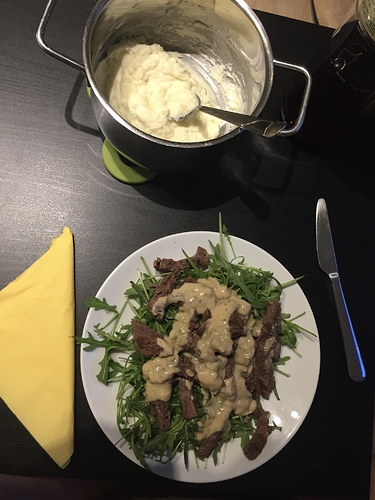
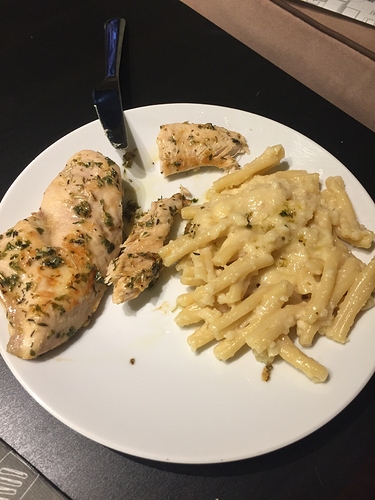

 Lunches are just as we expected - 3 options with meat+carbs and 1 vegetarian.
Lunches are just as we expected - 3 options with meat+carbs and 1 vegetarian. 